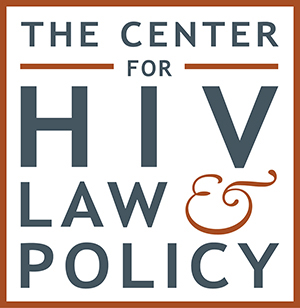Mission
CHLP is an abolitionist legal and policy organization fighting to end stigma, discrimination, and violence toward communities that experience racial oppression, patriarchal violence, and/or economic divestment. We center our work in communities of people living with and deeply affected by HIV and other stigmatized health conditions, especially Black, brown, trans and/or queer, women, femmes, people who engage in sex work, use drugs, are disabled, living with stigmatized diseases, without housing, and/or are currently or formerly incarcerated. All of our work is firmly located within the larger abolitionist movement for real safety and liberation.
CHLP utilizes legal advocacy, high-impact policy and research initiatives, and the creation of multi-issue partnerships, networks, and resources to support our communities in this work. We operate within and around criminal legal and public health systems at the state and federal level to craft just policies that amplify the power of mobilizations for systemic change that are guided by racial, gender, and economic justice. We collaborate with people living with HIV, organizers and base builders, direct service providers, and national organizations to identify, create, and share expertly crafted, intersectional legal and policy resources and advocacy strategies.
Vision
CHLP envisions and fights for a world where people living with HIV and other stigmatized health conditions are met with compassion and the resources and tools to thrive and our communities experience support and investment. We envision a world free from state violence, where people are not dehumanized and punished for their real or perceived health status and/or identities, and where health conditions are not met with criminalization, surveillance, and other punitive responses.
Read more about CHLP's mission, vision, and values
CHLP Celebrates 20 Years Making Positive Justice Possible
In 2025, CHLP proudly celebrates 20 years of advocacy, innovation, and unwavering commitment to HIV justice. Since its founding in 2005, CHLP has been at the forefront of the movement to end HIV criminalization as the first national legal and policy resource center for advocates protecting and defending the rights of people living with and affected by HIV.
From its inception, CHLP has worked in close partnership with HIV advocates and prioritized addressing the impact of HIV on LGBTQ+ people and Black and brown communities. Through its pioneering HIV decriminalization work, strategic legal and policy challenges, and its dedication to bringing an abolitionist lens to this work, CHLP has always been at the vanguard of HIV legal theory and thought throughout its 20-year history.


